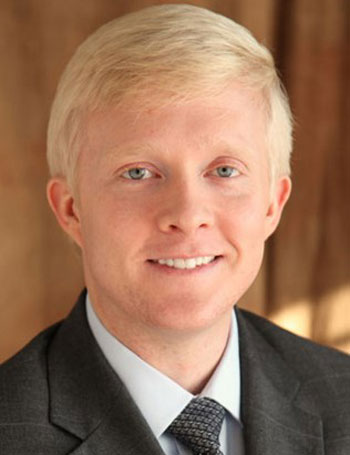
David Roach
David Roach is pastor of Shiloh Baptist Church in Saraland, Alabama. His writing has appeared in Christianity Today and Baptist Press among other outlets.
For two decades after the end of the Second World War, C. S. Lewis was one of the most public advocates of Christianity in England. He was both a popular author and a famous academic in Oxford, where he spent most of his career.
To a generation that survived the horrors of war, Lewis recommended the edifying practice of reading. He recognized that real education depends largely on profitable reading. Those who learn to read, learn to think.
In the first place, the majority never read anything twice. The sure mark of an unliterary man is that he considers ‘I’ve read it already’ to be a conclusive argument against reading a work. We have all known women who remembered a novel so dimly that they had to stand for half an hour in the library skimming through it before they were certain they had once read it. But the moment they became certain, they rejected it immediately. It was for them dead, like a burnt-out match, an old railway ticket, or yesterday’s paper; they had already used it. Those who read great works, on the other hand, will read the same work ten, twenty or thirty times during the course of their life.
Secondly, the majority, though they are sometimes frequent readers, do not set much store by reading. They turn to it as a last resource. They abandon it with alacrity as soon as any alternative pastime turns up. It is kept for railway journeys, illnesses, odd moments of enforced solitude, or for the process called ‘reading oneself to sleep’. They sometimes combine it with desultory conversation; often, with listening to the radio. But literary people are always looking for leisure and silence in which to read and do so with their whole attention. When they are denied such attentive and undisturbed reading even for a few days they feel impoverished.
Thirdly, the first reading of some literary work is often, to the literary, an experience so momentous that only experiences of love, religion, or bereavement can furnish a standard of comparison. Their whole consciousness is changed. They have become what they were not before. But there is no sign of anything like this among the other sort of readers. When they have finished the story or the novel, nothing much, or nothing at all, seems to have happened to them.[1]
[1] C. S. Lewis, An Experiment in Criticism (Cambridge: Cambridge University Press, 1961), 2-3.
